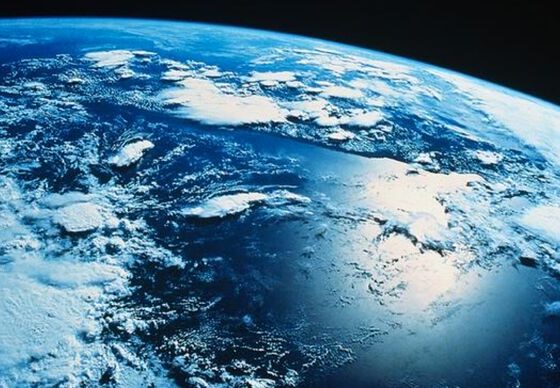
The Importance of Open Standards in Protecting our Oceans
By Francis Beland, Executive Director, OASIS Open
Open standards can play a significant role in ocean protection. They can facilitate collaboration, interoperability, and transparency among stakeholders and organizations working towards a common goal. In the context of ocean protection, open standards can provide a framework for the development and implementation of sustainable practices and technologies that can help reduce the negative impact of human activities on the marine environment.
Open standards can also facilitate the sharing of data and information related to ocean health, such as water quality, temperature, and biodiversity. Furthermore, open standards can help ensure that ocean protection efforts are inclusive and equitable by allowing for the participation and input of diverse stakeholders, including local communities, indigenous peoples, and small-scale fishers.
Today, they are particularly useful in the field of oceanic sciences, where data interoperability and sharing are critical for advancing scientific research and understanding of the ocean:
- NetCDF (Network Common Data Form) is a set of open standards for storing and sharing scientific data in a platform-independent manner.
- The Open Geospatial Consortium (OGC) develops and maintains a set of open standards for geospatial data and services.
- The Climate and Forecast (CF) conventions provide a set of guidelines for the creation and sharing of climate and forecast data.
- Ocean Data View (ODV) is an open-source software tool that provides a platform for visualizing and analyzing oceanographic data.
Scientists may share and combine data more easily utilizing open standards like these, enabling more effective research and understanding of the ocean. A wider number of stakeholders, such as policymakers, the general public, and other researchers, can benefit from access to and transparency of ocean data and research thanks to open standards.